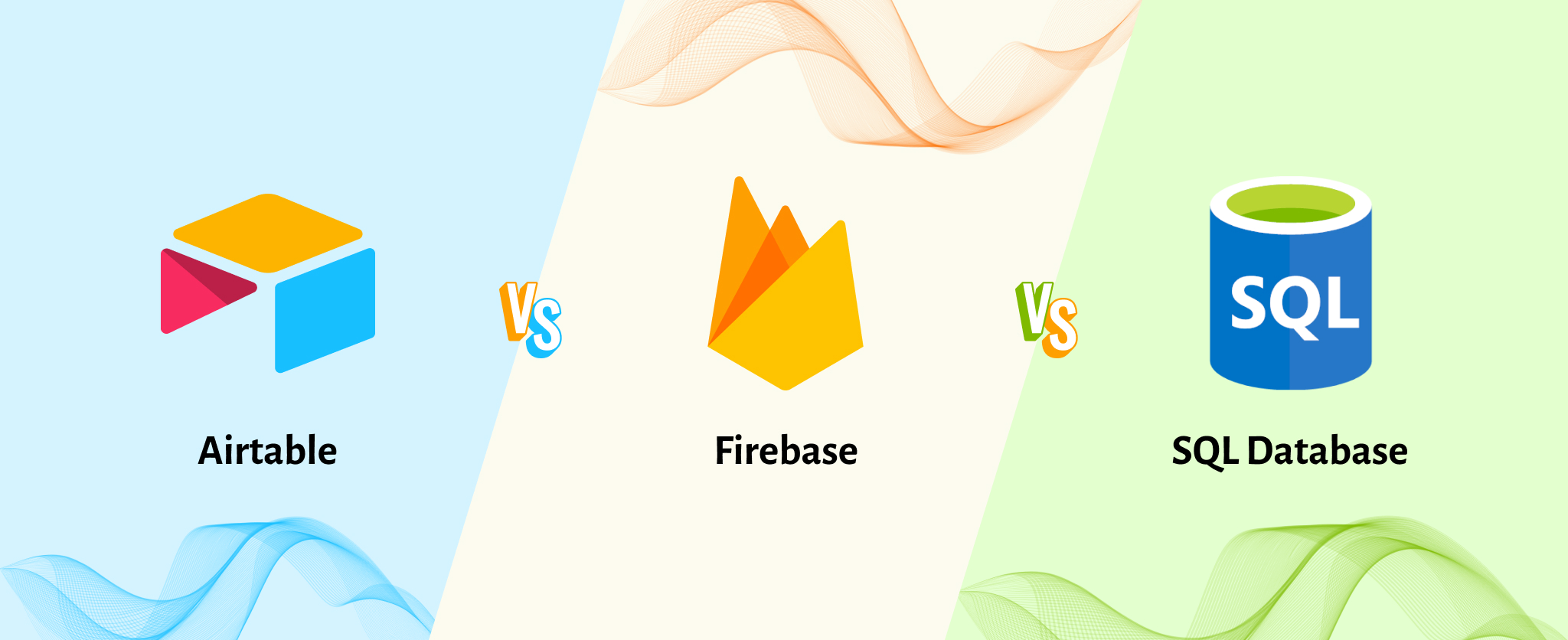
What is new in iOS Swift for iOS developers?
A few months past Apple announced about its new language Swift for iOS 8 OS X at Worldwide Developers Council. Apple claims iOS Swift to be better and faster than its predecessor Objective C. The development of this new language began back in 2010 and was mainly started to allow developers approach their platform with much greater ease. The major feature for which Swift is being publicized is for being Safe by default, plus improved app quality and stability. Swift was designed to replace Apple’s object-oriented language Objective C and is intended to be more flexible against intricate code.
What is iOS Swift and how is it different than Objective C?
Swift is Apple’s new multi-paradigm language developed for iOS X and iOS development. With clean syntax for parameters inherited from Objective C, Swift makes it easy for developers to work upon. The modules here eliminate headers and provide new namespaces. It manages memory automatically without having to type semicolons. The code is clean, simple and less vulnerable to errors. Objective C is known to rely on pointers, unlike iOS Swift which gathers the variable type. It provides objective oriented features like well-defined namespaces classes, generics, protocols leveraging long awaited enhanced performance and speed to Cocoa developers.
Major difference in Objective C and Swift are Semicolons, which are only used if more than one statement has to be written in one line, arithmetic is made simpler by Swift apart from floating point calculations, it is easier to manage sub-properties in Swift as compared to Objective C, Swift introduces the concept of adding multi-line comments in other multi-line comments which makes developers comment on large code blocks easily and quickly and Unicode characters can be used in Swift for all variables and constant names. The variables and constants however cannot contain mathematical symbols, box-drawing characters, arrows and Unicode points.
Is iOS Swift a complete replacement of Objective C?
As per the iOS experts, though iOS Swift retains the binary capability of both the languages some libraries are still created in C and C++ making use of Objective C. The new language, however, makes sure that it will provide better ways of working as compared to Objective C. Also, there are important parts of Cocoa that are still dependent on Objective C, for instance it is somewhat tricky to write NS-Managed-Object in Swift. There are certain issues that can better be solved using Objective C. Swift is likely to achieve a better ranking in near future but replacing Objective C is something too advanced to replace as of now.
Similarities between iOS Swift and Objective C
- The languages can be operated together, which eases the work for developers as they don’t have to stick to one language for complete projects. New components written in Swift can be added to ongoing projects based on Objective C. Developers can dynamically evaluate the development environment using X-code playground, giving you complete control on your projects.
- All the advanced operators are used in a similar way as they are used in C. & operator is used to detect underflow and overflow, Swift’s custom operators are implemented for string concatenation, and to make loop constructions simpler list evaluation is used.
- Have default parameter values and reduces the need for code repetition
How is it beneficial for developers and businesses?
- The APIs in Swift are simpler and easier to maintain as compared to Objective C because it contains named parameters inherited brought forward from Objective C. It manages memory automatically and don not require typing semi colons.
- The small and simple scripts can be used to work on cloud, grids, clusters and supercomputers.
- It is faster than Objective C allowing developers to launch multiple programs per second.
- It does not require complex parallel programming.
- Its interactive playgrounds have made it easy for developers to check the results in real-time, design algorithms while examining each step, create test and verify, and experiment with APIs.
- Swift is safe and powerful as it combines the features of C languages and Objective C.
This new iOS Swift age can be added to the current applications and is now ready for new iOS X projects. The applications made in Swift are publicized as running faster and in less complex manner as compared to objective C.
If you are planning to use Swift to build a mobile based solution, we will be pleased to discuss the requirements. You can REACH OUT TO US HERE.
Stay Tuned for Latest Updates
Fill out the form to subscribe to our newsletter











